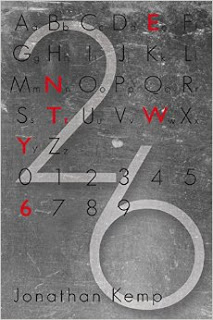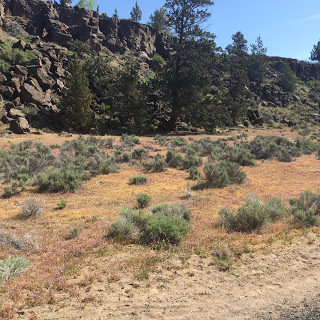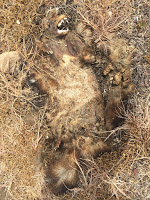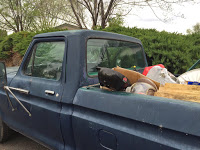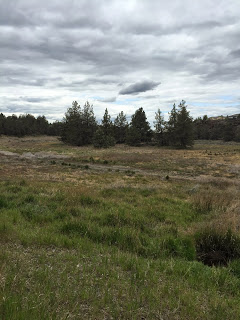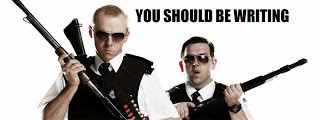Today is Friday, June 19th. TGIF, and thank goodness, it’s Sexy Snippets Day!
This is your chance to share the hottest mini-excerpts you can find from your published work.
The ERWA blog is not primarily intended for author promotion. However, we’ve decided we should give our author/members an occasional opportunity to expose themselves (so to speak) to the reading public. Hence, we have declared the 19th of every month at the Erotica Readers and Writers Association blog Sexy Snippet Day.
On Sexy Snippet day, any author can post a tiny excerpt (200 words or less) in a comment on the day’s post. Include the title from with the snippet was extracted, your name or pseudonym, and one buy link, if you’d like.
Please post excerpts only from published work (or work that is free for download), not works in progress. The goal, after all, is to titillate your readers and seduce them into buying your books!
Feel free to share this with erotic author friends. It’s an open invitation!
Of course I expect you to follow the rules. If your excerpt is more than 200 words or includes more than one link, I’ll remove your comment and prohibit you from participating in further Sexy Snippet days. I’ll say no more!
After you’ve posted your snippet, feel free to share the post as a whole to Facebook, Twitter, or wherever else you think your readers hang out.
Have fun!
~ Lisabet



